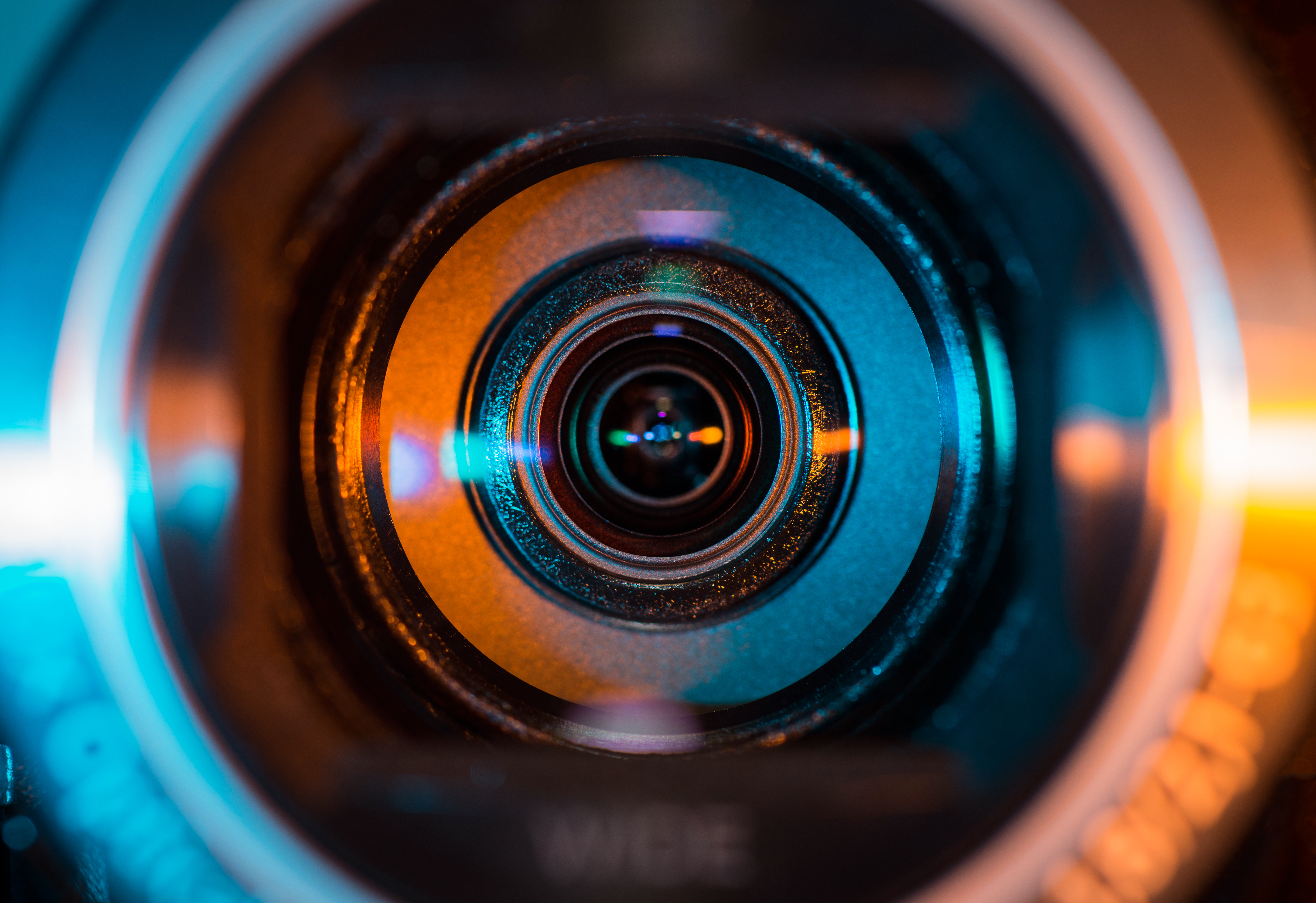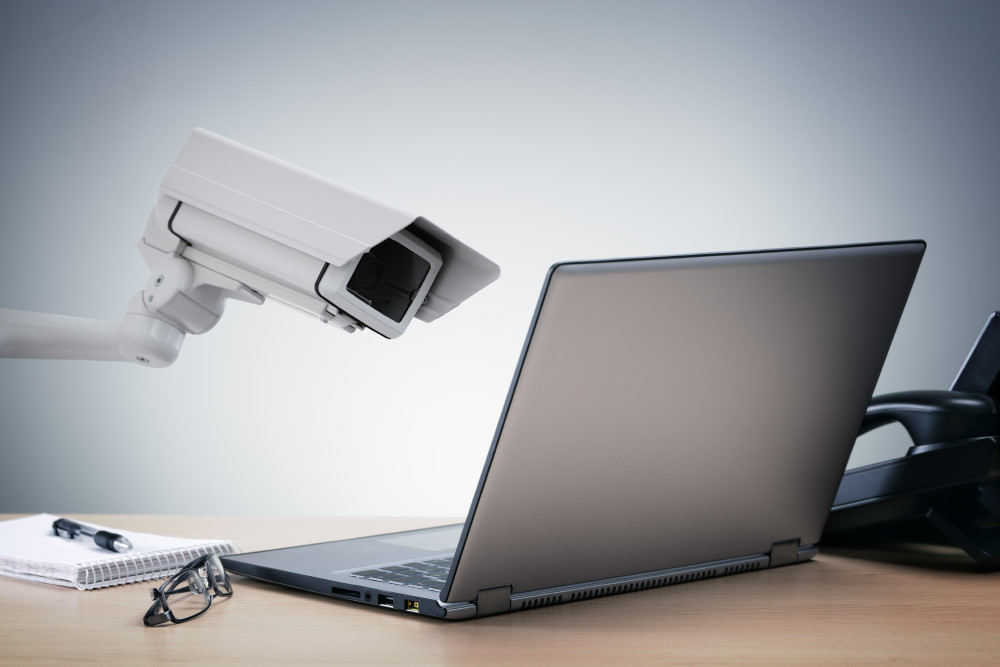Data theft is today’s headline grabber with regards to hotel security, but the business of physically protecting guests, and your property, deserves just as much attention. HOTEL MANAGEMENT spoke with Hedgie Bartol, business development manager at security company Axis Communications, to discuss five mistakes hotels make when protecting themselves using cameras and other security tools.
1. Bad Image Quality
If a situation arises at a hotel and that property has cameras, the image quality needs to be good enough to discern different individuals, otherwise the footage is useless.
“If you have a picture of what might be a human being, that doesn’t do you a lot of good,” Bartol said. “One major consideration is lighting conditions. Lighting in hotels can change dramatically. Some hallways have motion detectors, and in off hours other areas have no lighting at all.”
One way around that is to install monitoring equipment thoughtfully, utilizing strategies such as back lighting or devices with the ability to adjust for low lighting. Bartol said to approach the process as if it were photography, where external factors decide how well you can see what appears in the frame.
“Ask yourself what you want to see, and then what you want to do with what you can see,” Bartol said.

2. Poor Device Strength
Vandalism is rampant in hotels, particularly with regards to security monitoring equipment. “It’s a little misguided,” Bartol said. “People think that if they obscure the camera we can’t see them, but we usually get great images of the perpetrators of the vandalism in progress.”
While it may be simple to identify the ones taking a swing at your cameras, if a device is down and a guest slips on wet tile after a trip to the pool then the hotel may be in a tough position. For this reason, Bartol recommends installing cameras capable of withstanding at least a blow from a baseball bat, but also warns against buying substandard equipment that seems sound.
“Standards state that the bowl around the camera has to maintain shape after being hit by a force, but nothing about continuing to function,” he said. “If a product has a Vandal Resistant Rating Code of 10, it should also maintain function.”
3. Playing Mix-and-Match
Security cameras, like all photography equipment, are specialized to fit their niche. Hotels are full of different environments, and no one camera will be perfectly designed to accommodate all of them. Interior and exterior staircases, parking lots and garages, lobbies and rooftops all require different equipment, and if they are matched poorly you will be trying to tell one blur from another.
“Are you looking down a long, dark hallway, or do you need something that handles low light very well? Maybe you should consider a corridor format,” Bartol said. “In some situations, widescreen isn’t preferable. Different equipment is designed for outdoors, as well. Every camera has a purpose.”

4. Forgetting Digital Security
Hotels are striving to put everything on-property on a network, and vendors are willing to help them. Cameras are no different, and hackers are adept at commandeering video equipment, such as laptop cameras, making the devices on property both a tool and a target. Bartol said that a high degree of diligence is required to ensure these devices are fully locked down and not being accessed by outsiders.
“You don’t want your property to be the first big-name attack like this,” he said. “We are seeing a lot of network-based controlling devices popping up, even refrigerators are on networks now, and everything and anything can be the source of an intrusion. Consumers are extremely vulnerable to these kinds of attacks, and whether you are a homeowner or a major corporation, everything you have attached to the web needs to be taken into consideration to secure.”
5. Not Having a Plan
Installing security equipment will help you identify perpetrators or provide footage of an accident, but it’s all for nothing if employees aren’t trained to respond. Most hotel companies have plans in place for extreme situations, often calling authorities as soon as possible, but even small operators cannot afford to be unprepared.
“The key behind strong security is to come up with a plan and execute on it swiftly without cutting corners,” Bartol said. “It’s very easy today to get analysis paralysis. The good news for operators is there are a million ways to go about making your property safe. The bad news is that there are a million ways to go about making your property safe. If you are unsure about a direction, invest in nonproprietary solutions so you can adjust plans along the way.”
